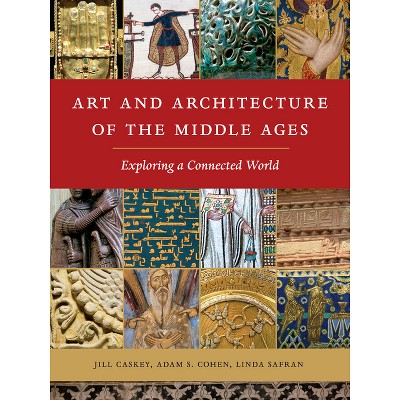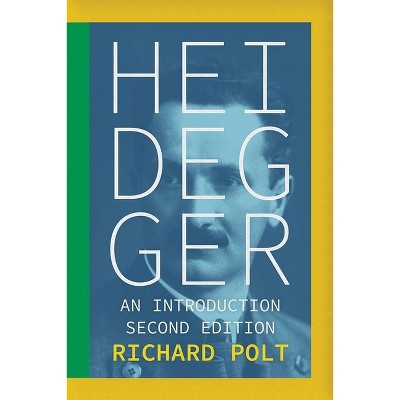Sponsored

Avicenna - 2nd Edition by Lenn E Goodman (Paperback)
In Stock
Sponsored
About this item
Highlights
- In this updated edition of his classic work, Lenn E. Goodman provides a concise introduction to the life and thought of Abu Ali al-Husain ibn Abdallah ibn Sina, known as Avicenna, who was born in the year 980 C.E. near Bokhara in what is now Uzbekistan and died 1037 C.E. in Hamadan, now in Iran.
- About the Author: Lenn E. Goodman is Andrew W. Mellon Professor of Humanities and Professor of Philosophy at Vanderbilt University.
- 288 Pages
- Biography + Autobiography, Philosophers
Description
About the Book
In this updated edition of his classic work, Lenn E. Goodman provides a concise introduction to the life and thought of Abu Ali al-Husain ibn Abdallah ibn Sina, known as Avicenna, who was born in the year 980 C.E. near Bokhara in what is now...
Book Synopsis
In this updated edition of his classic work, Lenn E. Goodman provides a concise introduction to the life and thought of Abu Ali al-Husain ibn Abdallah ibn Sina, known as Avicenna, who was born in the year 980 C.E. near Bokhara in what is now Uzbekistan and died 1037 C.E. in Hamadan, now in Iran.
Review Quotes
Anyone who is at all familiar with the writings of the medieval Islamic philosopher Avicenna recognizes him as a philosophically penetrating and original thinker who deserves a place alongside the more familiar major figures in the history of Western philosophy.... This book presents the reader with an overview of the principal tenets of Avicenna's philosophy that both sets them in their own historical context within medieval Islam and brings them to bear on perennial themes in the history of western philosophy.
-- "Journal of the History of Philosophy"About the Author
Lenn E. Goodman is Andrew W. Mellon Professor of Humanities and Professor of Philosophy at Vanderbilt University. His many books include most recently Islamic Humanism, In Defense of Truth: A Pluralistic Approach, Jewish and Islamic Philosophy: Crosspollinations in the Classic Age, and God of Abraham. Goodman is also the translator of such Arabic classics as Ibn Tufayl's Hayy Ibn Yaqzan and The Case of the Animals vs Man before the King of the Jinn.
Shipping details
Return details
Frequently bought together



Trending Non-Fiction














